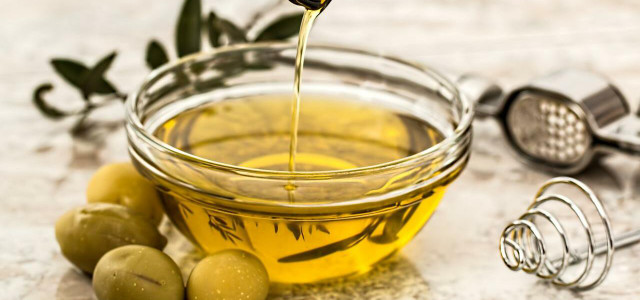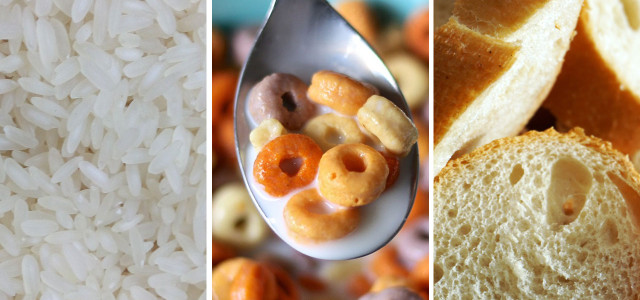Emulsifiers are a common ingredient in store-bought, packaged foods. We'll tell you why they are used, as well as the health effects that they can have.
What Are Emulsifiers?
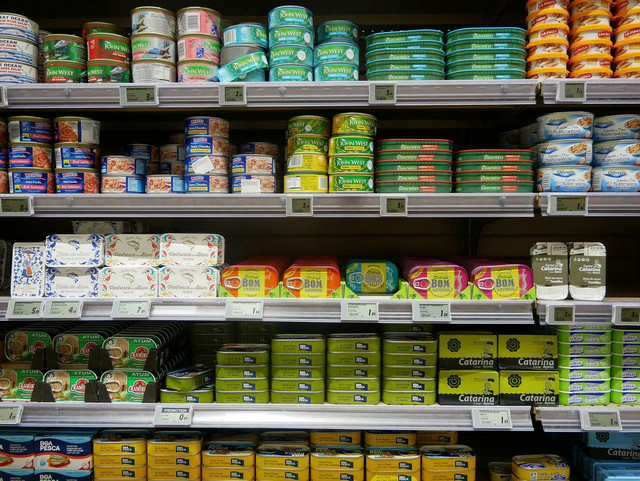
(Foto: CC0 / Pixabay / Joenomias)
Emulsifiers are a food additive used in modern food production in order to bind water and oil together to stop them from separating. This stabilizes the oil-water blend. Emulsifiers are also added to foods in order to enhance the texture. For example, emulsifiers are added to ice cream in order to make it extra smooth and creamy, as well as slow down the melting process. Some other foods that commonly contain emulsifiers include baked products, chocolate, processed meats and mayonnaise, and many other packaged foods. The average American gets more than half of their calories from processed foods, meaning emulsifiers are a common feature of most people’s diets.
Some common artificial emulsifiers in food include:
- Lecithin (322). This is often extracted from soybean or sunflower oil.
- Mono- and Diglycerides of Fatty Acids (471). This is made from glycerol and natural fats, which can come from vegetable or animal sources.
- Esters of Monoglycerides of Fatty Acids (472a-f). These occur in food fats and oils with glycerol.
Natural emulsifiers are derived from plants and animal cells. Some examples of emulsifiers taken from plants include xanthan gum, mustard, honey, and guar gum. Emulsifiers that are derived from animal cells come in the form of proteins such as eggs and soybeans, which both contain lecithin.
What Are the Health Concerns Associated with Emulsifiers in Food?
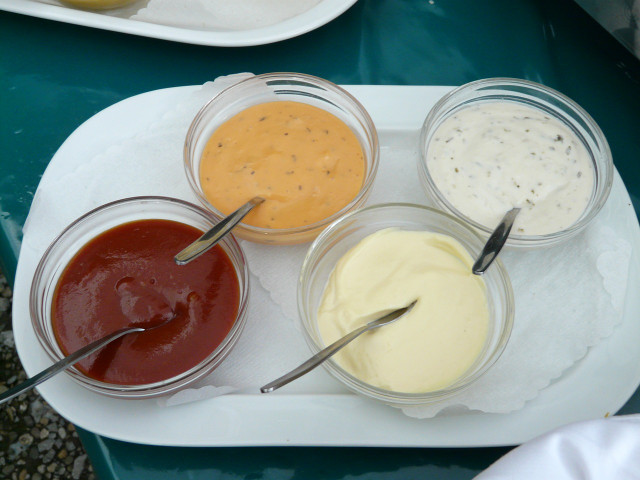


(Foto: CC0 / Pixabay / Hans)
In the U.S., the Food and Drug Administration (FDA) considers many emulsifying ingredients in foods as ‘generally recognized as safe’. However, research shows that there are some health risks with emulsifiers. Whereas natural emulsifiers are associated with fewer health risks, artificial emulsifiers can be harder for the body to break down as they are heavily processed. Research suggests that the ingredients used in artificial emulsifiers may have effects on microbiota in the gut. This can cause health problems through increased inflammation and can affect the metabolic processes by altering the gut barrier. Another study has found that emulsifiers in food promote colon cancer in mice, as well as metabolic syndrome, which is a risk factor for diabetes, obesity, heart disease, and inflammation leading to cancer.
How To Avoid Emulsifiers in Food?
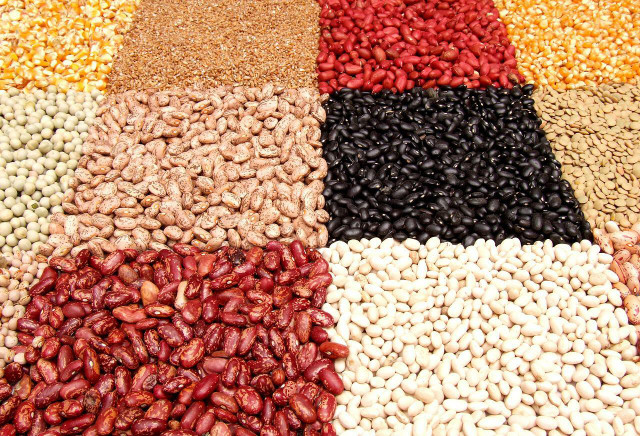


(Foto: CC0 / Pixabay / arielnunezg)
The best way to avoid artificial emulsifiers in food is to avoid buying packaged and processed foods as these commonly contain emulsifiers as well as other food additives and preservatives that can be bad for your health. If you are buying processed foods, make sure to check the ingredients list before buying them to see if they contain emulsifiers and whether they are natural or artificial.
Read on:
- 10 Foods With High Fructose Corn Syrup You Didn’t Know About
- Natural Red Food Coloring: How to Make Natural Food Dyes
- 7 Foods You Never Thought Contained Artificial Food Coloring
Important Information regarding Health-related Topics.
** Links to retailers marked with ** or underlined orange are partially partner links: If you buy here, you actively support Utopia.org, because we will receive a small part of the sales proceeds. More info.Do you like this post?






